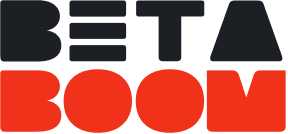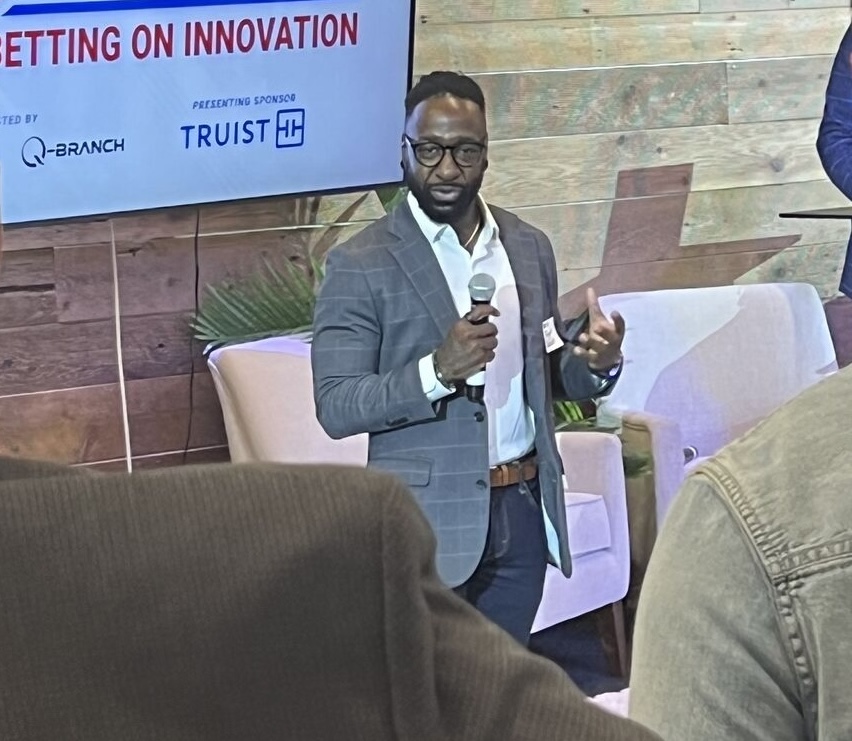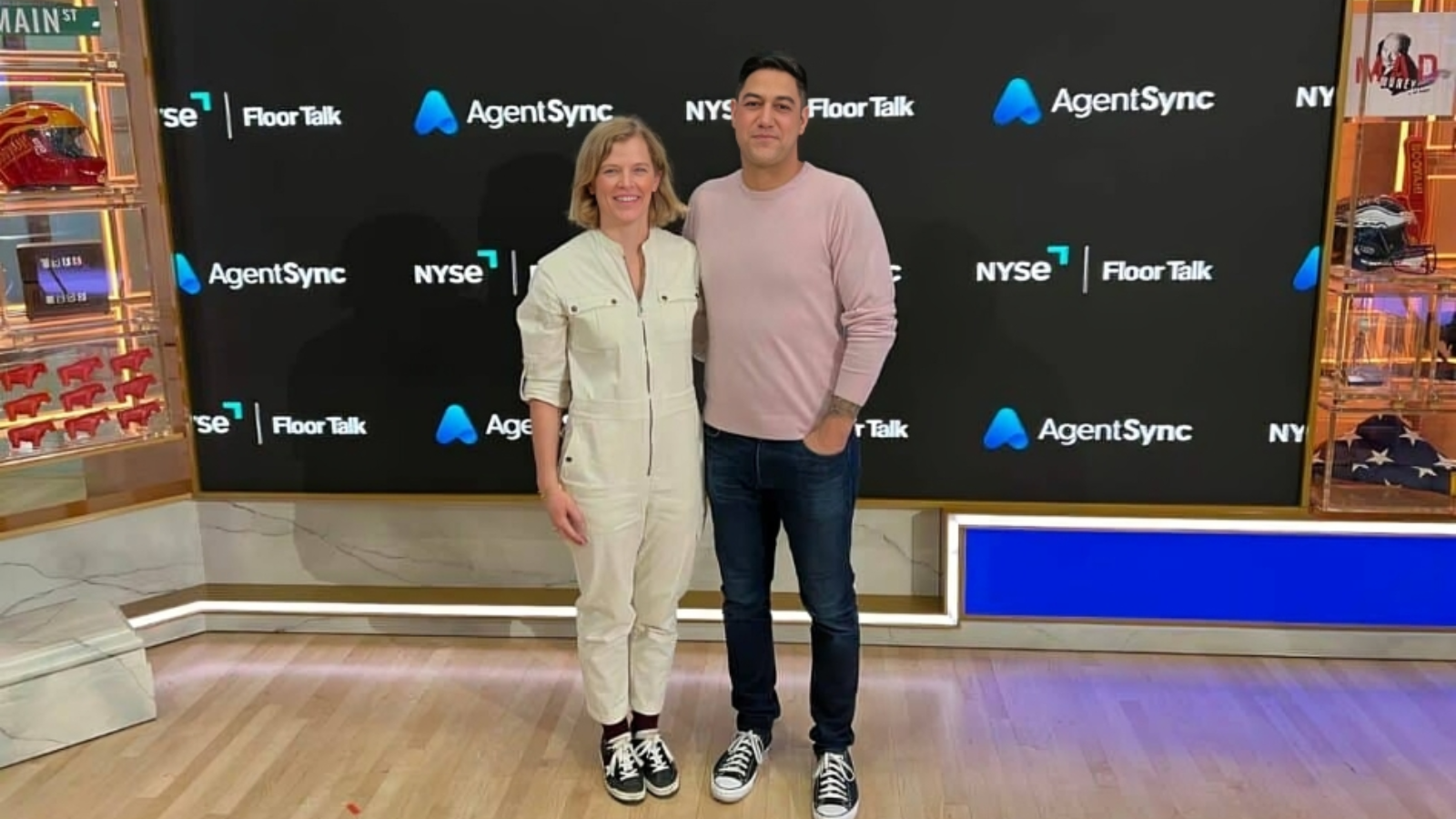Known as an ethical hacker and malware connoisseur, Kyle Hanslovan has made it his mission, along with his two co-founders Chris Bisnett (Chief Technology Officer) and John Ferrell, to protect businesses through their cybersecurity firm Huntress.
From childhood, the co-founder and CEO has preferred the challenges of taking the less conventional route to success. Today, that bold approach was rewarded when Huntress earned unicorn status in 2024–valued at over $1.5 billion.
Huntress is a prime example of how going against the grain while working to do good can make a very successful business model.
For Hanslovan, this is just the beginning.
“Grew Up Wild”
Hanslovan is a self-described rule breaker with a slight chip on his shoulder. The only child to a single mother, both faced economic hardships when his father abandoned them.
“I’ve always had some sort of side job, side hustle, side gig, whether it was doing computer work or mowing lawns,” he told CEO Magazine, adding that whatever he was doing, there was one constant: work smarter, not harder.
Coming from a broken home, powerless against his circumstances, Hanslovan was desperate to find a way out, “hungry to prove himself a hero in a world overrun by villains and level the battlefield against worthy adversaries with his technological prowess.
And he did just that. At 17, Hanslovan enlisted in the U.S. Air Force, where he worked as a cyber warfare operator mastering system infiltration.
But this career didn’t pay well, so he was forced to get crafty again–taking gigs doing everything from PC repair to more “shady things” involving hacking. This also doubled as real-world cyber training, experimenting with things like jailbreaking to allow a system to support pirated bootleg games
He spent the next decade in the U.S. Intelligence Community and Air Force. But that was never going to be enough for Hanslovan.
Boredom, Beginnings, and Bootstrapping
After years of defending the U.S. government, Hanslovan had grown bored and his mind began to wander.
One day, he conceptualized a technology that could pinpoint malware–a concept rooted in his offensive security expertise. As he became fixated on the idea, he came to a realization: he could work for himself.
“I ended up having all the right skills to be able to begin a startup, which is a combination of vision, how to build products, how to make sure that whatever I did produced money and that the money was worth my time away from all those side hustles,” he explained in the same CEO Magazine interview. “It was kind of like the perfect background to launch a startup.”
The same year, Bisnett was working as a NSA contractor slowly losing interest in the day-to-day tasks of developing offensive cyber tools. Elsewhere, future co-founder John Ferrell felt restless as well, working in his own defense roles with Computer Network Operations (CNO) development and Linux systems engineering.
The men were all ready for a new challenge.
Luckily, Hanslovan’s day dreaming helped him identify a critical market gap for offensive security that could pinpoint malware for small and midsize enterprises (SMEs). The three began to strategize on how to turn Hanslovan’s idea into a tangible solution for cybersecurity threats, but on a massive scale.
With a market and a product, Hanslovan, Bisnett, and Ferrell launched Huntress in 2015 to provide enterprise-level threat protection at an affordable price for SMEs.
Leveraging Hanslovan's connections, they tested a prototype during government war games, where it successfully identified malware on every infected machine. From there, they were accepted to the Mach37 cybersecurity accelerator and a $50,000 investment.
Fighting Juggernauts
The beginnings of startup life were tough times, requiring the startup to bootstrap and founders taking part-time jobs. It took nearly a year to secure the Huntress’ first three customers, while they saw numerous funding opportunities falling through. But they toughed it out.
Early on, they looked to major security companies like Carbon Black and CrowdStrike for inspiration, learning from both their successes and failures, Bisnett explained in a BuiltIn Chicago interview.
However, he says, they were daunted by two major problems:
“One, how could our research possibly compete with these emerging titans and incumbent juggernauts who had a massive technical head start? Two, why would anyone pay for what we were building and not choose one of the over 100 existing vendors?”
To compete, they utilized Hanslovan's innovative approach and started examining the clients CrowdStrike wasn’t selling to and figure out why. They followed up by offering local small businesses free access to their product in exchange for feedback.
“Interestingly enough, these folks consistently told us that they didn’t buy IT products directly and that they paid another company to manage all of their IT systems,“ he continued, eventually learning that most MSPs lacked the expertise and manpower to monitor complex alerts.
“That was our aha moment. If we could build security solutions that worked for these MSPs, we could sell to all the people that Carbon Black and CrowdStrike couldn’t
Broke to Billions
After years of pitching and development, Huntress was able to raise $150 million in Series D funding. But Huntress wasn’t always a cybersecurity darling.
The success of Huntress required a higher level of dedication and trust in your mission and product. At the time investors and startups saw more stable value in selling to consumers or large enterprises, even though SMEs are the backbone of the economy.
After going from broke to billions, the company reelected on their journey and found three key growth realizations
This started with understanding the business of scale, which they accomplished by going through a startup accelerator. These skills helped them bootstrap their initial product. The second, and most crucial, was the discovery that SMEs typically outsource their IT to managed service providers (MSPs). This revealed an underserved market and provided a scalable sales channel.
The final milestone was the realization that Huntress could evolve beyond a single product into a broader platform after it had grown to a $40 million startup.
After listening to their partners, the group began to see that their clients needed more than basic protection. They needed help with things like properly educating their employees or protecting their digital identity.
Staying Ahead of Cyber Threats
So what is next for Huntress? To keep growing, of course.
Huntress’ primary focus will be on identifying addressable markets and expanding their platform for those sectors. They want more SMEs to be able to depend on them for security concerns that others overlook.
Hanslovan went on to say in his CEO Magazine interview that the company's vision is to build a comprehensive, two-sided marketplace for cybersecurity. Similar to how Uber or Airbnb connect users with services, this platform will link businesses directly with IT and cybersecurity professionals. The ultimate goal is to empower companies to stop worrying about cyber threats and refocus their energy on their core work and growth.
“I would say Huntress’ version of that is we not only connect and enable businesses with IT and cybersecurity experts, we also provide peace of mind. This allows somebody, after a long day, to focus on their kids or themselves and take care of their own personal health and journey, instead of worrying whether a hacker is going to steal their data or dump their information on the dark web.”
In a Huntress blog post, Hanslovan emphasized that the true measure of success isn't the capital raised, but the impact made: protecting thousands of partners and millions of endpoints.
“Sure, getting investors excited and raising funds is a great reflection of our success, but the real win comes from hearing our partners say, “You saved our ass,’” writing in a post to the Huntress website. We protect them, and we always will.
He promises that Huntress will continue it’s committed to its core promise: to elevate SMBs and their MSP allies—by driving innovation and strategic acquisitions to build a more secure global community.
“This isn’t the finish line—it’s only the beginning.”





.png)